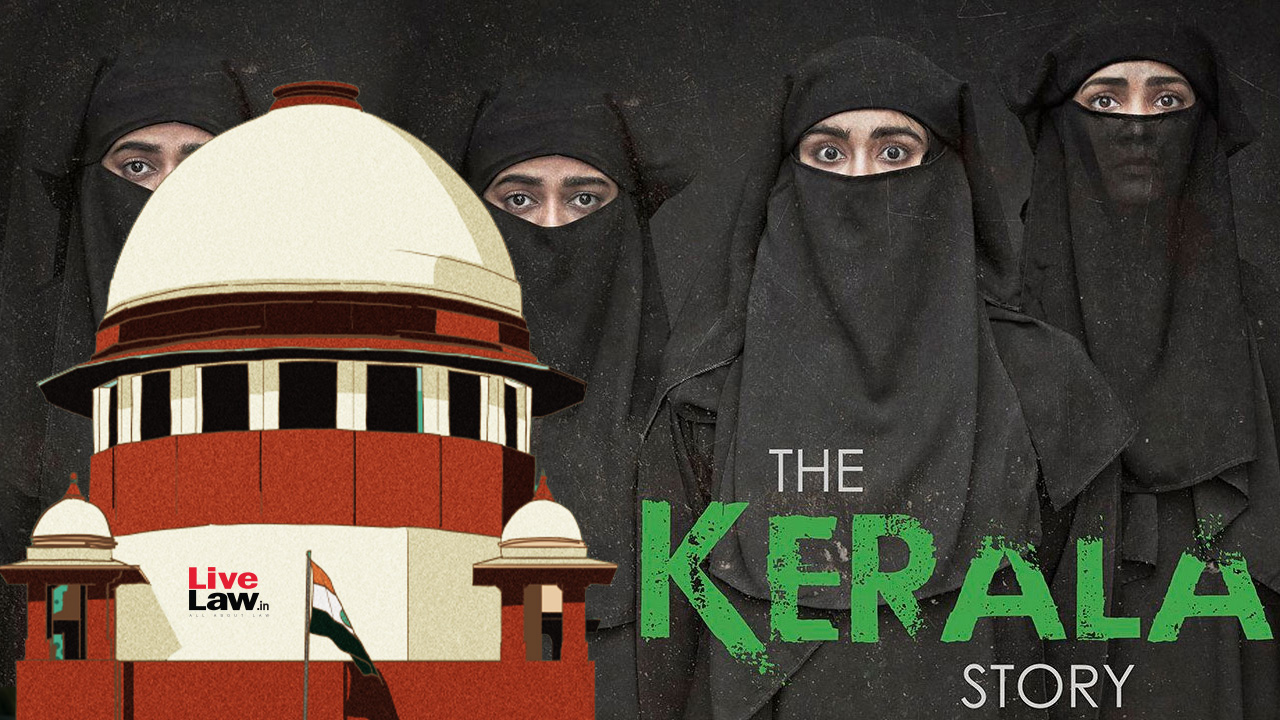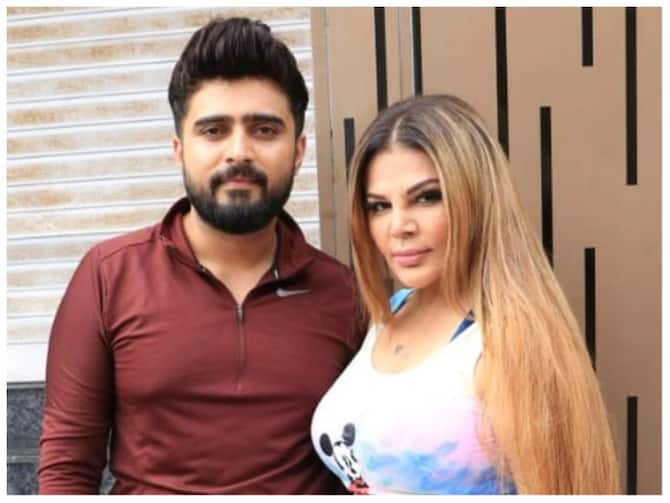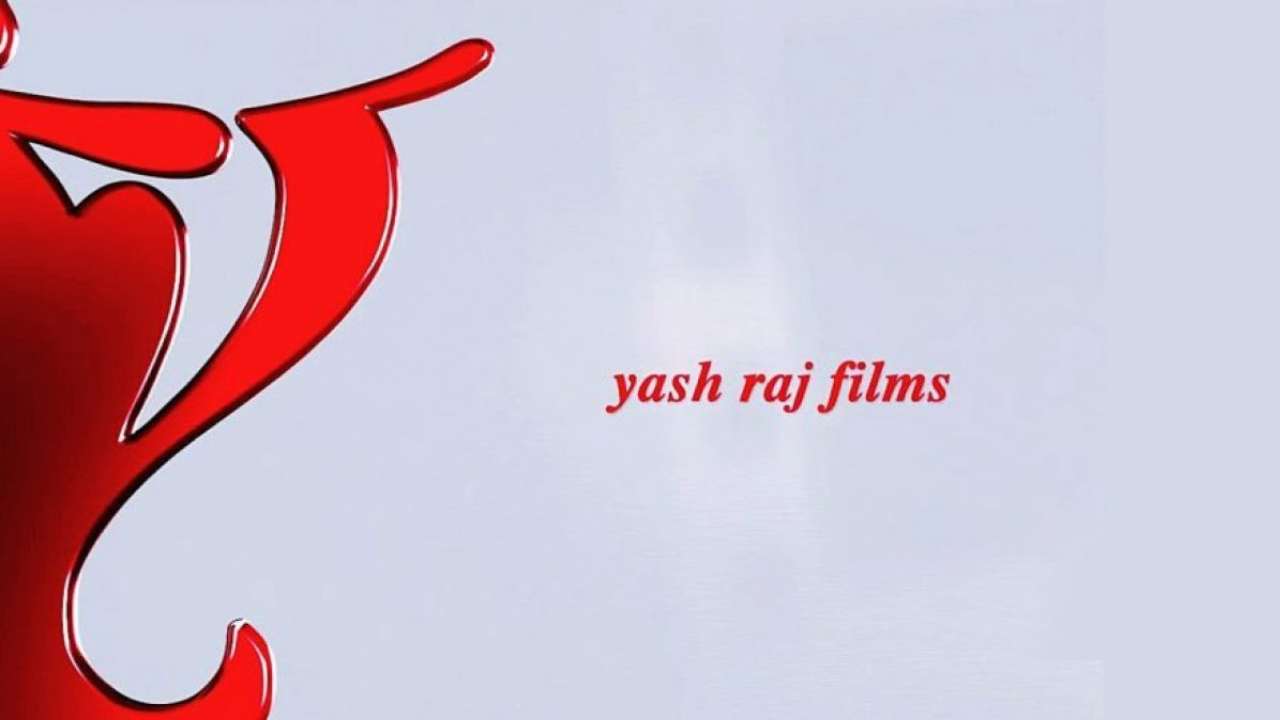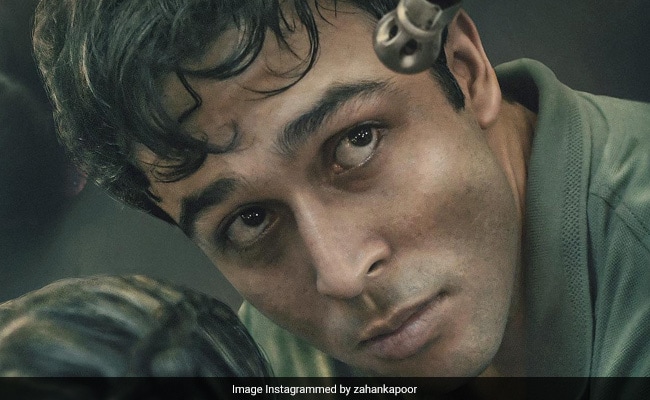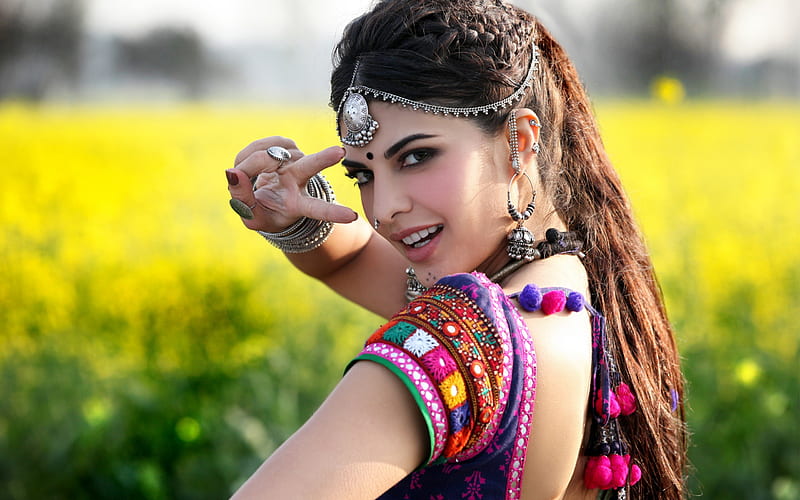It’s fitting that a film about the risks of strict teaching gives all of its scenes to conditioning its crowd.
Sudipto Sen’s The Kerala Story addresses the Whatsapp College swarm that intensely accepts that Kerala is a hotbed of Islamic State enlistment, slithering with Muslim men who entangle great many ladies, convert them either by influence or power, and afterward pack them off to Syria to act as warriors and sex slaves. For the wall sitters, Sen’s incitement filled screenplay, composed alongside Suryapal Singh and maker Vipul Amrutlal Shah (who is likewise credited as “innovative chief”), presents ‘Statistical data points’ that have been broadly questioned.

Sen has recently made a narrative regarding the matter, named For the sake of Adoration! (2022). The Kerala Story conveys the instruments of fiction to help Sen’s case that behind each Hindu-Muslim cooperation, there lies evil purpose. There are emotional close-ups, ambient sound that looks like one long cry, and middle age period savagery.
The film’s bigger objective is Islam itself, introduced here as a religion whose very esteem framework primes its devotees for fanatic idea. At the point when Shalini (Adah Sharma) strolls into the inn room of a nursing school, she meets another Hindu lady (Siddhi Idnani), a Christian (Yogita Bihani), and Asifa (Sonia Balani).
Asifa’s devotion is a front for her IS connection. Asifa savagely and masterfully brings her flat mates into her web. Every one of them are sufficiently receptive to be taken in by Asifa’s Philosophy 101. Having never known about the idea of Misery, and effortlessly convinced by Asifa that wearing a hijab safeguards ladies from provocation, Adah and her companions are before long veiling their heads and dating Muslim men.
Shalini is at last fooled into switching over completely to Islam, taking on the name Fatima, and venturing out to Afghanistan with her sex devil of a spouse to advance toward Syria. In Afghanistan, Shalini observes unwavering fierceness, including carcasses lying about the scene like wild grass.
Continue Reading
